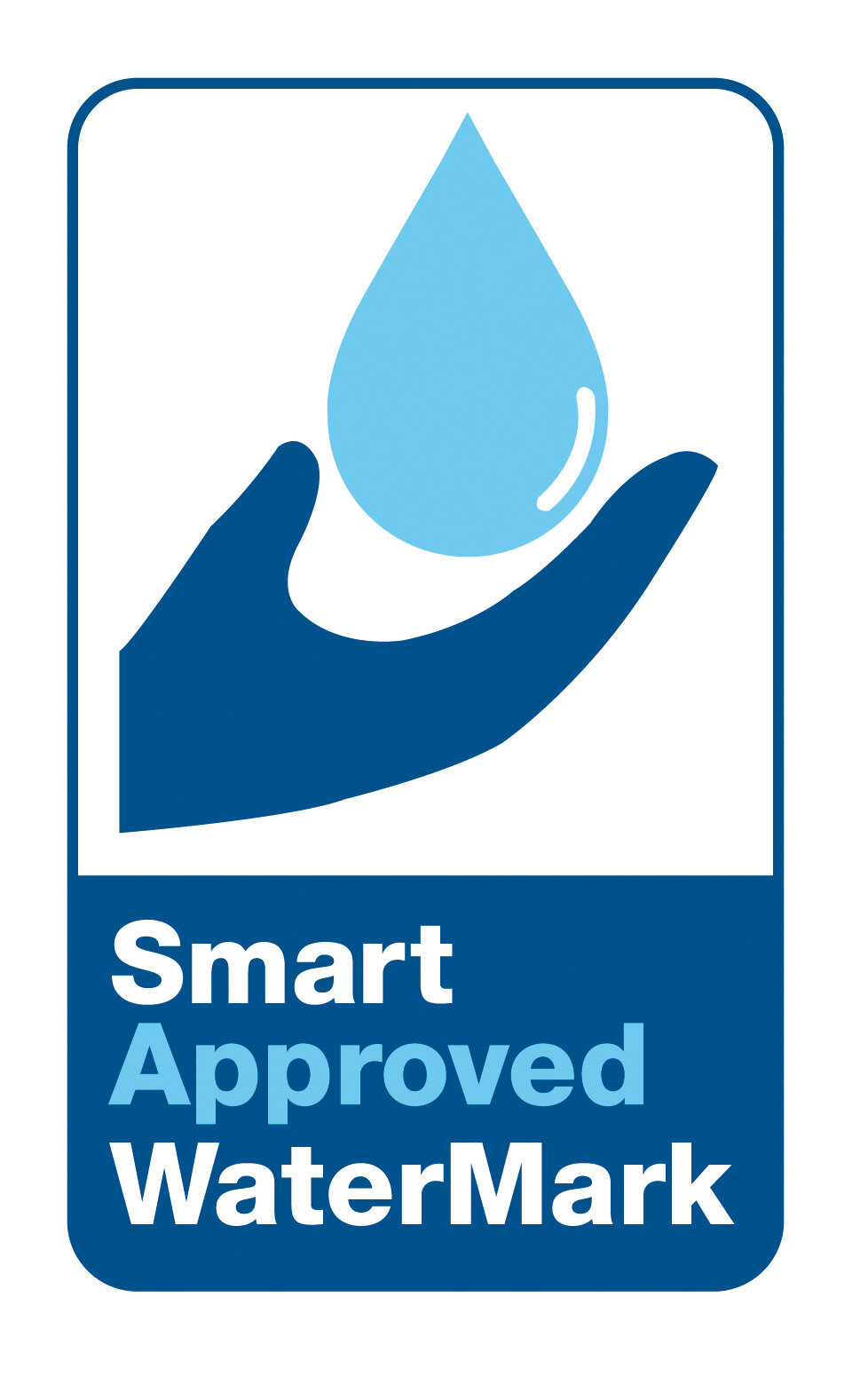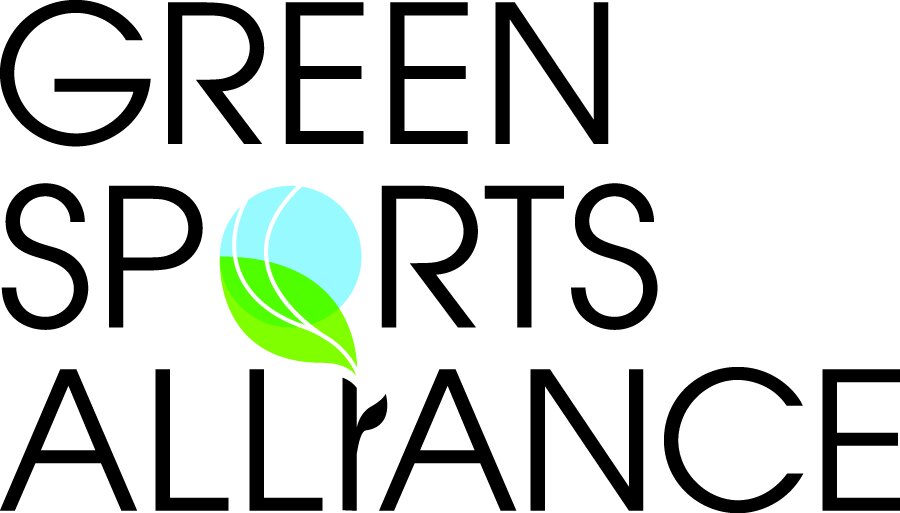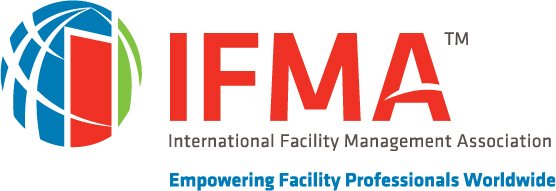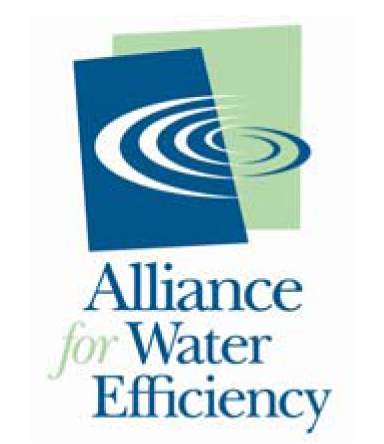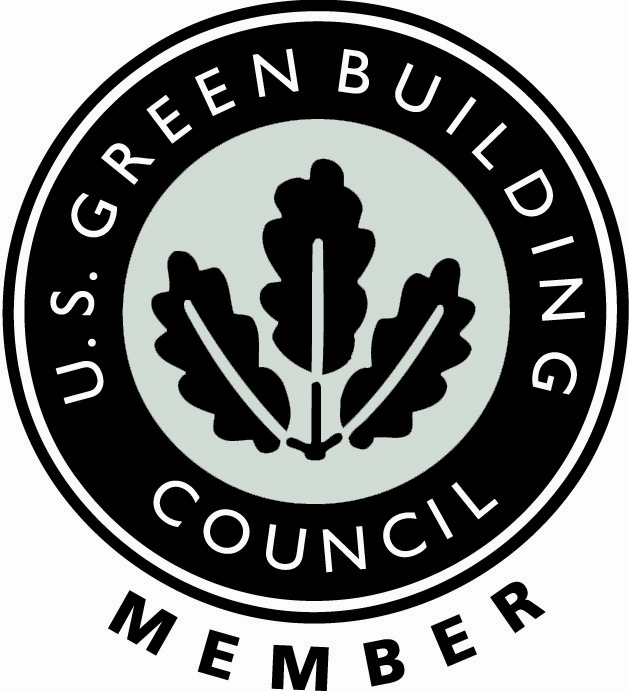As rivers around the world, especially in Europe, begin to dry up due to intense drought and aridification, they are revealing carvings, some centuries old, created by people who experienced repeated bad harvests and little or no food due to lack of water. While some of these carvings were uncovered decades ago, these hunger stones, as they are called, are showing up more frequently today.
For example, found on the banks of the Elbe River, which begins in the Czech Republic and flows through Germany, are stones that date back to 1616. One such etching in German has the following words:
“Wenn du mich seehst, dann weine,” which translated means: “If you see me, then weep.”
A study conducted by Czech researchers, Droughts in the Czech Lands, 1090-2012 AD, found that some of these carvings read like a diary written by several people who may or may not have known each other.
Among the thoughts expressed in this “group” diary are the following:
Year 1482: Water of the River Vltava green and stinking.
1473: Streams dried up. Forest fires. Poor harvest.
1442: Poor harvest of cereals and hay; severe shortage of water.
1393: Possible to cross the River Vltava on its bed, water as green as grass.
1369: Better wine in Bohemia than in Austria due to severe drought.
1262: Autumn and spring crops perished, grass dried up, poor harvest of fruit and wine.
According to the Czech researchers, the “chiseled [carvings] indicate years of hardship and warn of the consequences of drought.”
National Public Radio reported that while these hunger stones have been seen in the past, due to recent droughts in Europe, they are being seen more often.
This is likely because Europe is now experiencing its worst drought in five hundred years, according to Andrea Torti, a senior researcher at the European Commission’s Joint Research Center.
This year, 47 percent of Europe is facing varying drought conditions — from mild to severe. As to why this is happening, a growing body of research is pointing to, you guessed it, climate change. Not only is there a lack of rainfall, but due to higher temperatures, there is enhanced evaporation, which has been determined by testing ground soil.
Of additional interest, the drying up of Europe’s rivers is revealing more than just hunger stones and etchings. Among items revealed are the following:
As Italy’s Po River has dried up, Business Insider reports “a slew of archeological treasures” not seen in centuries has been uncovered.
A shipwreck last seen during World War II resurfaced in June 2022, again in the Po River.
The river also revealed a submerged 1,000-pound bomb from the World War II era that never exploded.
Most dramatic, 20 German World War II warships resurfaced in the River Danube in Serbia earlier this year.
What we are witnessing here are ominous signs. We know there have been droughts throughout history, some very severe. But with so many centuries-old hunger stones and artifacts being uncovered now, it tells us drought conditions are getting worse.
This also tells us the word “drought” may no longer be the correct term to use. This is aridification in all forms: lack of rainfall, higher temperatures, and more evaporation. These are signs of things to come.
As grim and ominous as this sounds, many of the world’s water issues can be addressed. More water is being treated, so it can be used repeatedly. Water infrastructure is improving — slowly — but it is improving.
And technologies such waterless urinals, which are certainly not new, are now being rediscovered by many building owners.
Waterless urinals are a symbol. They tell us we do have ways to reduce water consumption in many ways. We just must take advantage of them.
Klaus Reichardt is CEO and founder of Waterless Co, Inc, pioneers in advancing water efficiency. Reichardt founded the company in 1991 with the goal of establishing a new market segment in the plumbing fixture industry with water efficiency in mind. Reichardt is a frequent writer and presenter, discussing water conservation issues. He can be reached at klaus@waterless.com




